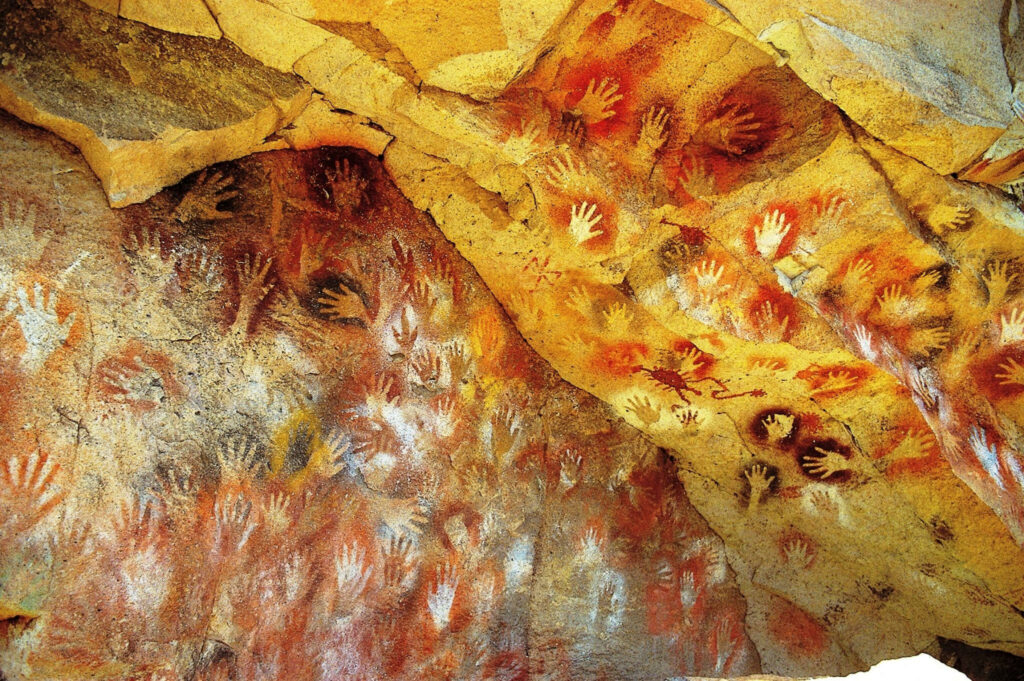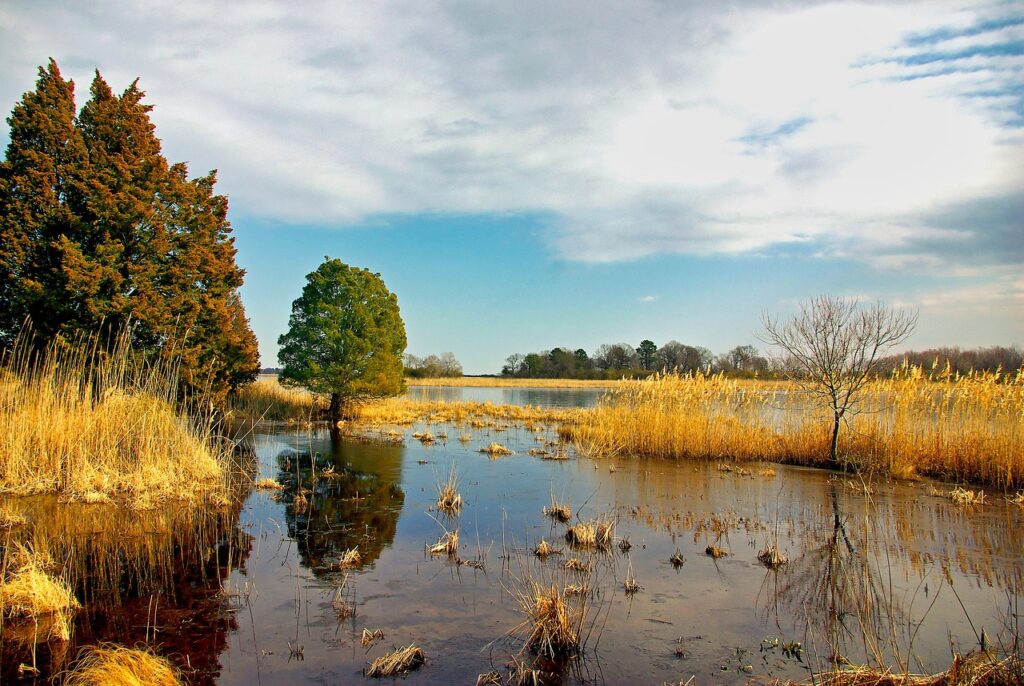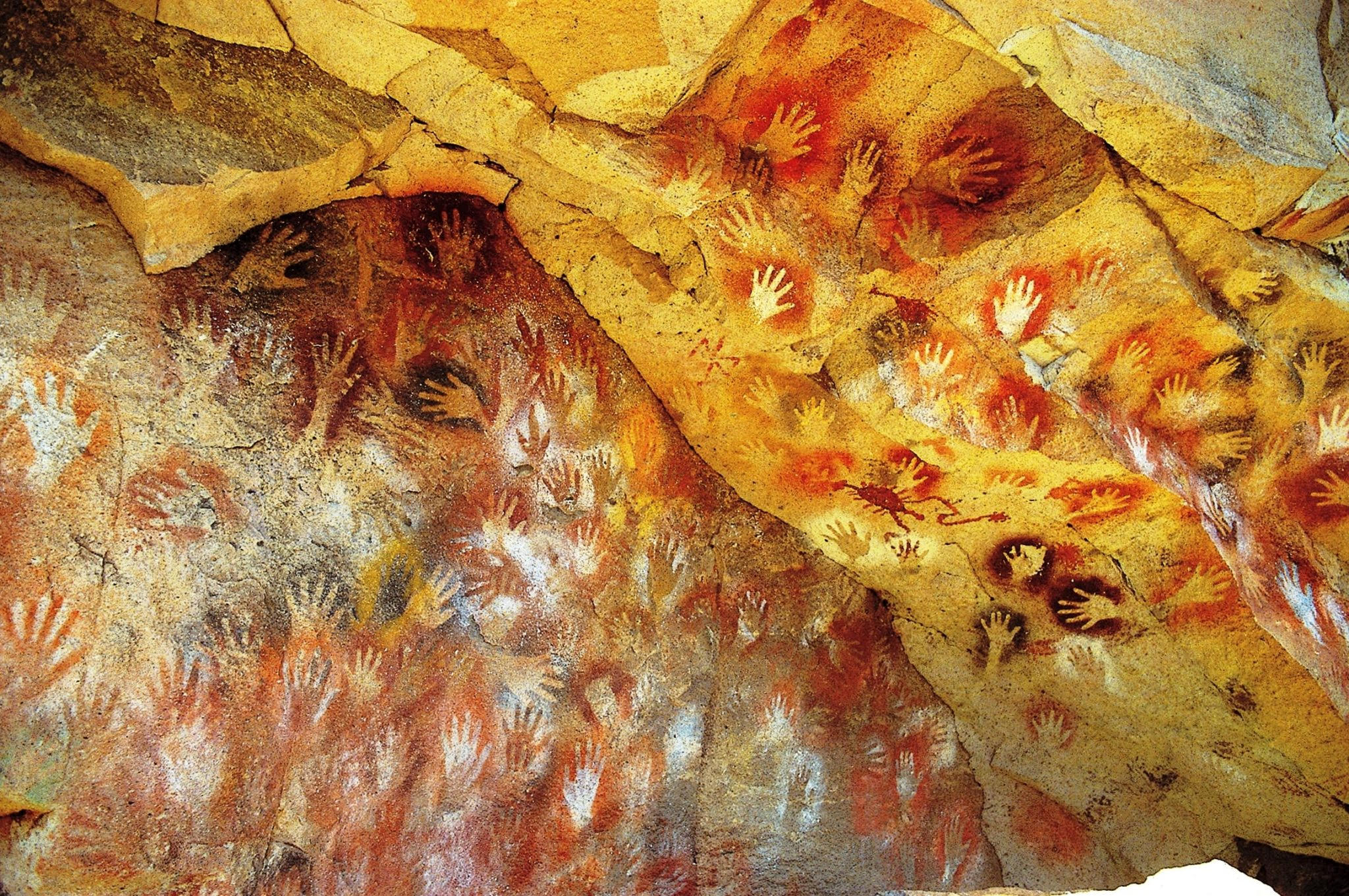Eco-Writings. Geography, Environment and Resilience in German Literature (ECOLIT)
The project Eco-writings: Geography, Environment and Resilience in German Literature (ECOLIT) aims to examine the intersection of German literary culture with ecological and environmental studies from the 18th century to the present day. Employing rigorous analytical and methodological frameworks, this research elucidates pivotal moments where literature has interacted with and responded to natural environments through specifically selected case studies.
This project delves into how literary forms have evolved in response to changing scientific paradigms and epistemologies concerning nature and environment. It examines how these interactions have shaped linguistic expressions, poetic forms, and narrative structures, highlighting the interconnectedness and simultaneous development of literary and natural scientific discourses. Furthermore, it demonstrates how nature and writing, through their poietic activity, have full agency in creating, mediating, and representing spatial imageries. The text itself is a porous environment.


A central objective is to analyze how literature serves as a site of resilience in the face of environmental crises, particularly nuclear, climatic, and industrial devastation. The project’s core case studies focus on the transformation of literary forms in response to evolving scientific paradigms, emphasizing a shift towards non-anthropocentric perspectives. It also explores specific spaces such as swamps, moors, industrial wastelands, and dumps, critiquing environmental degradation while reflecting on the creative potential of these settings.
The project critiques the prevalent anthropocentric paradigm in literature, seeking alternative, eco-centered perspectives that emphasize literature’s role in reshaping human-environment relationships. By provoking critical reflection and engaging in dialogue with the academic community and civic society, this research explores the implications of literature as a medium for enhancing environmental awareness.
